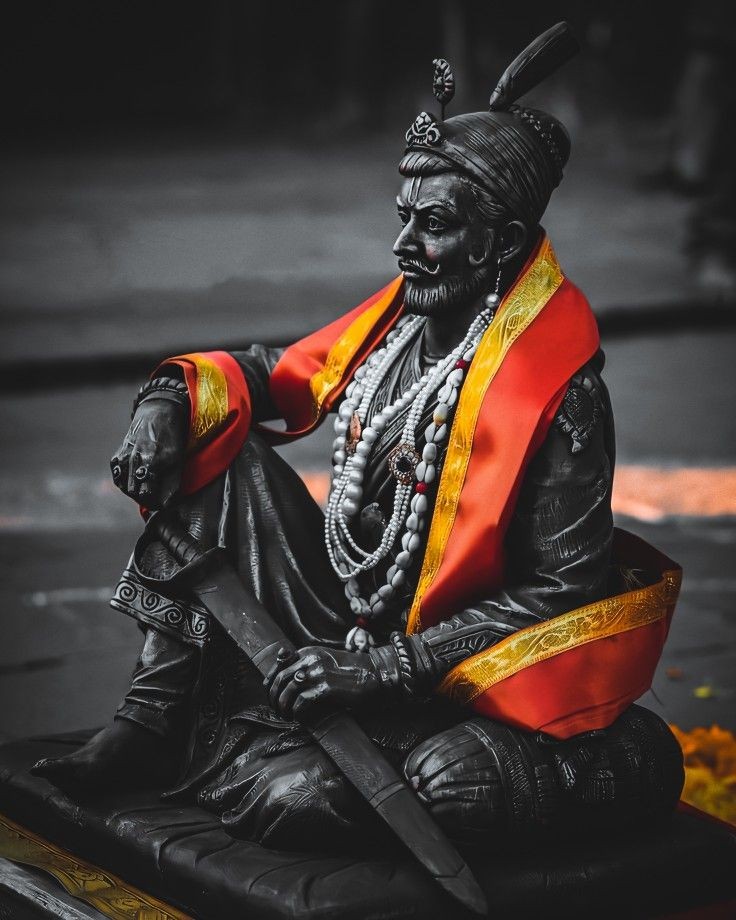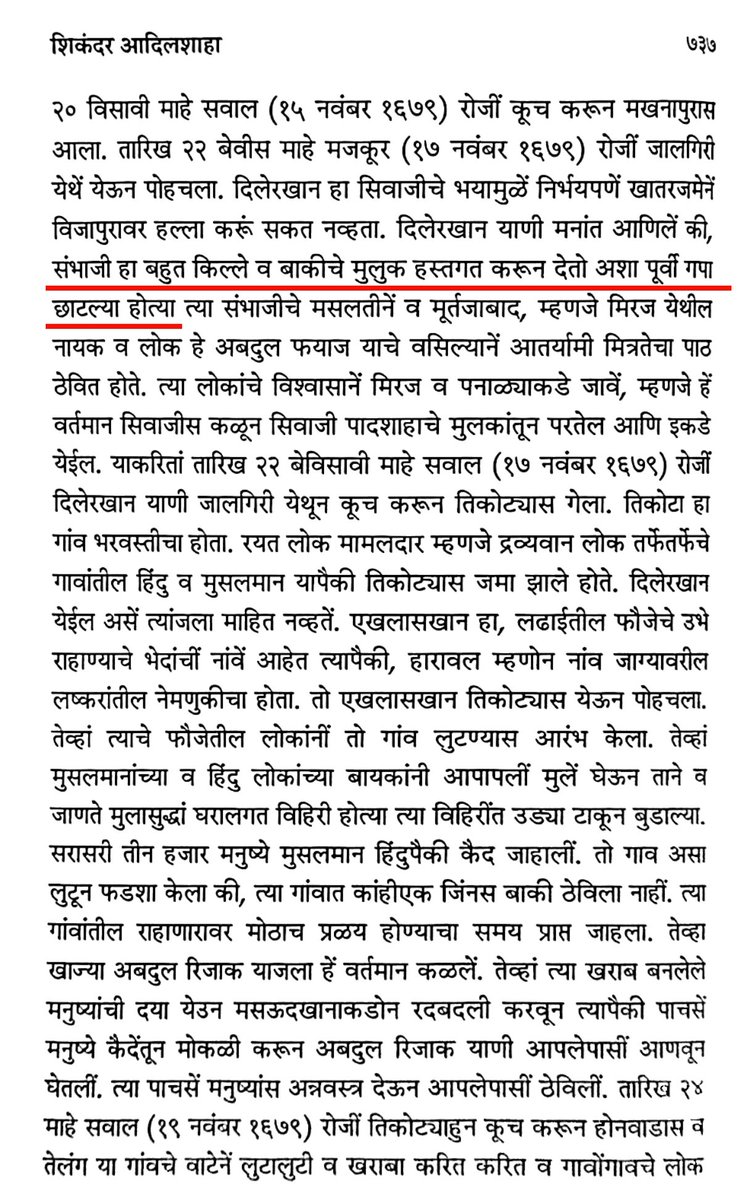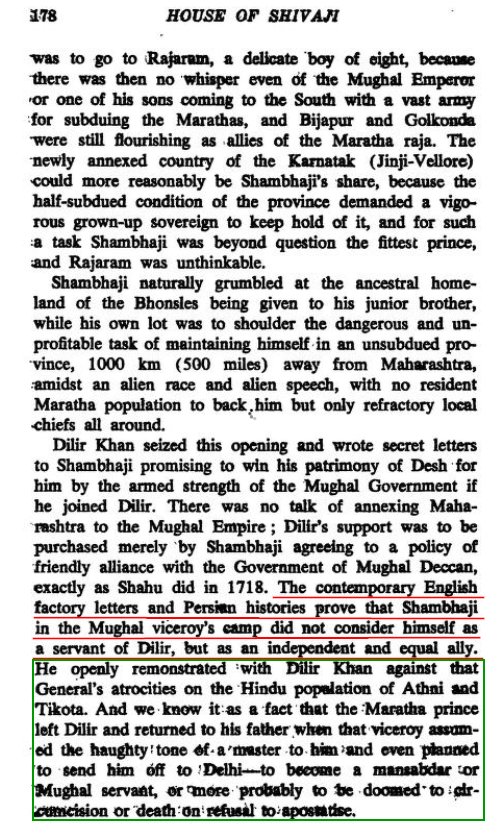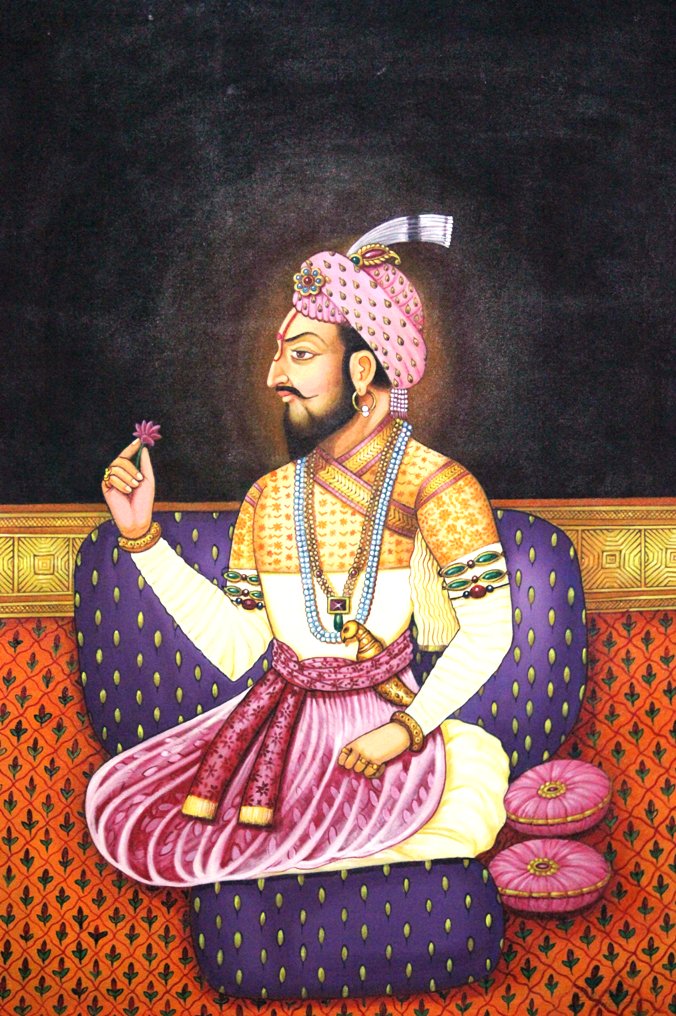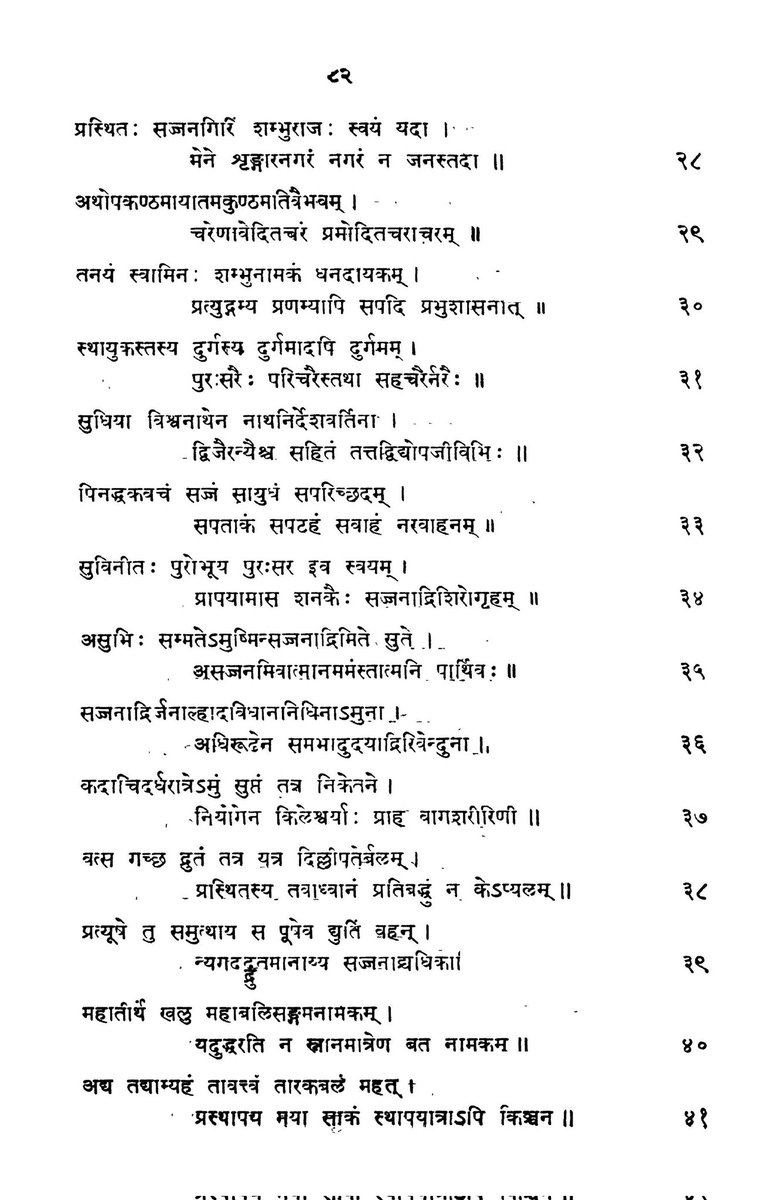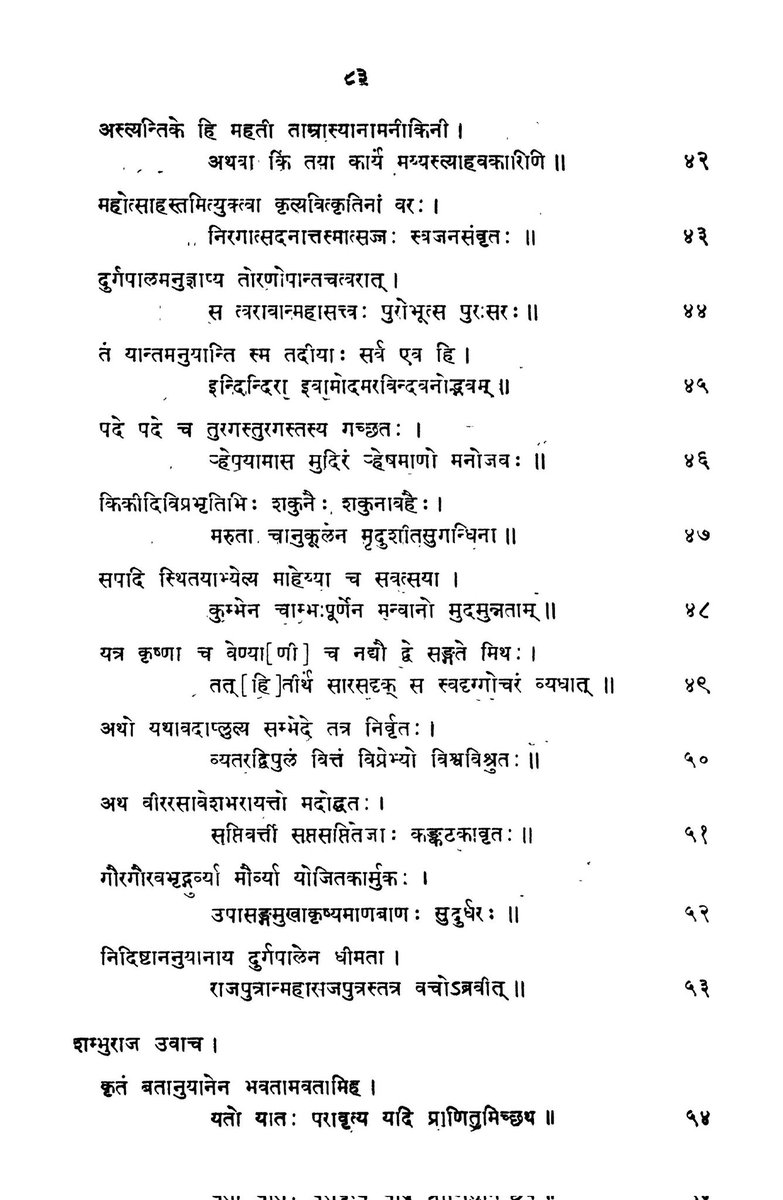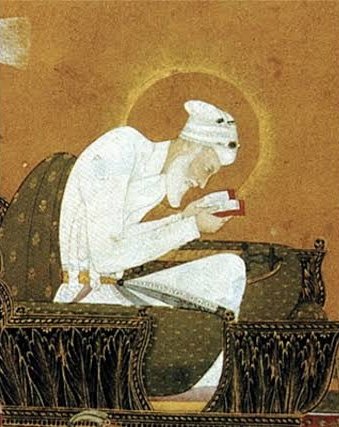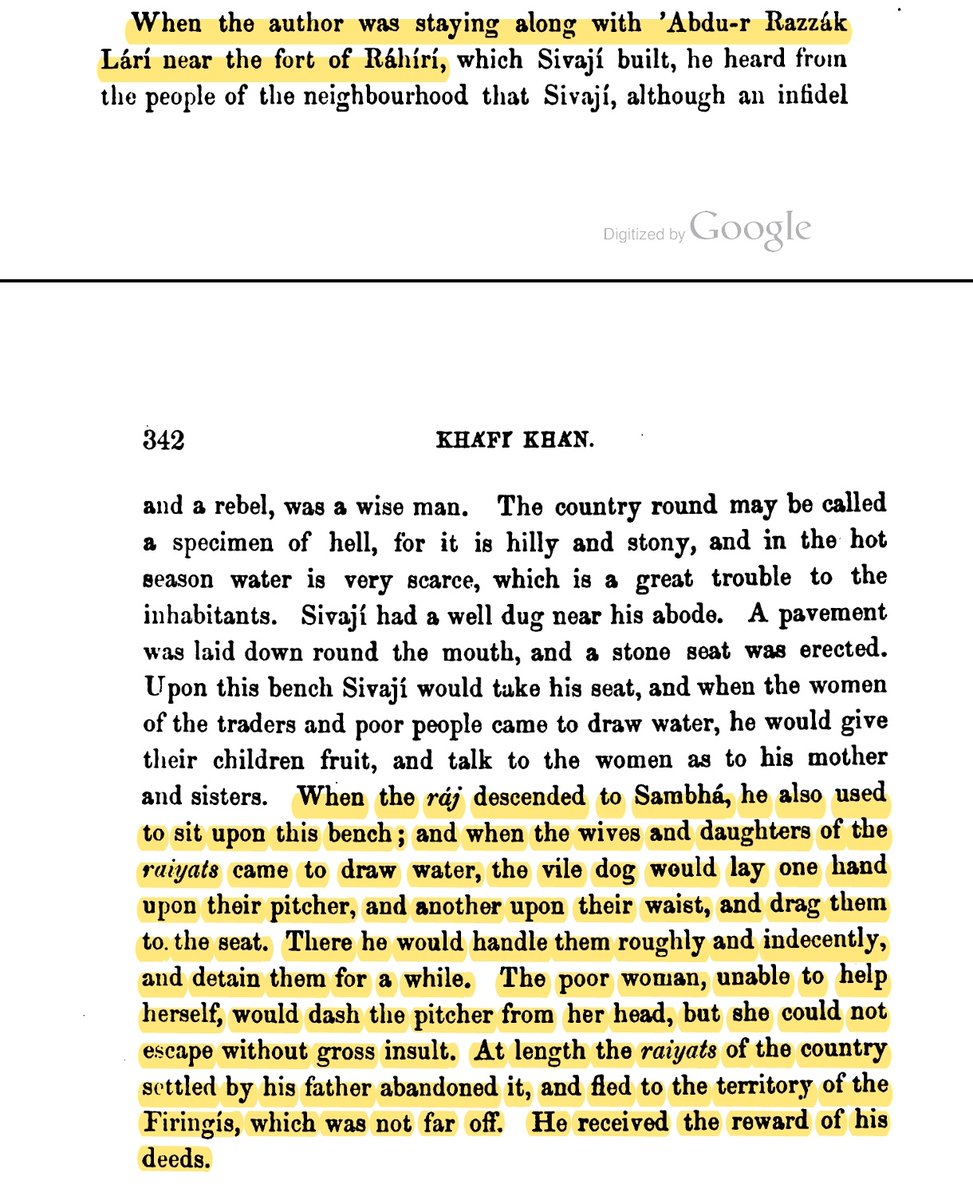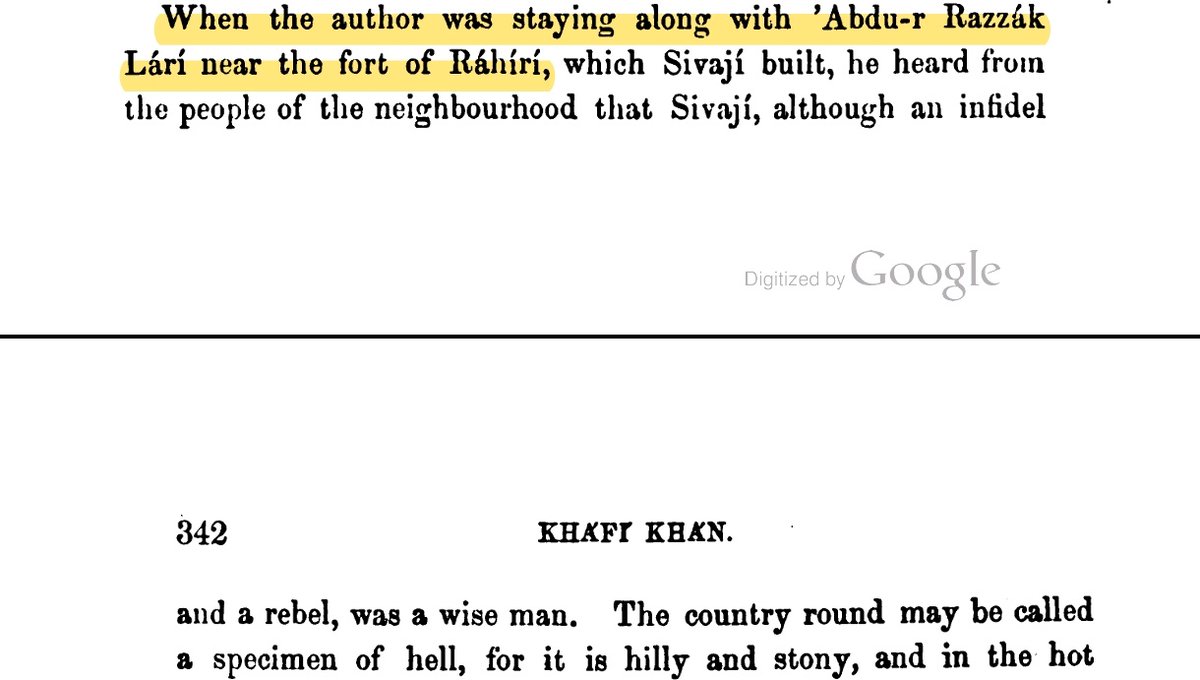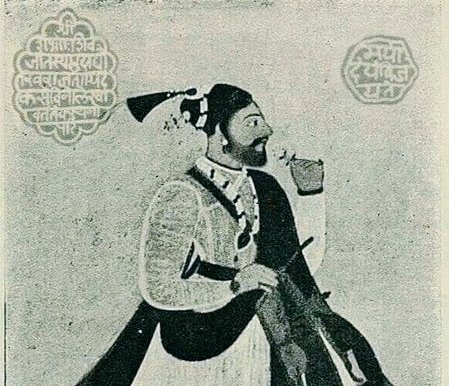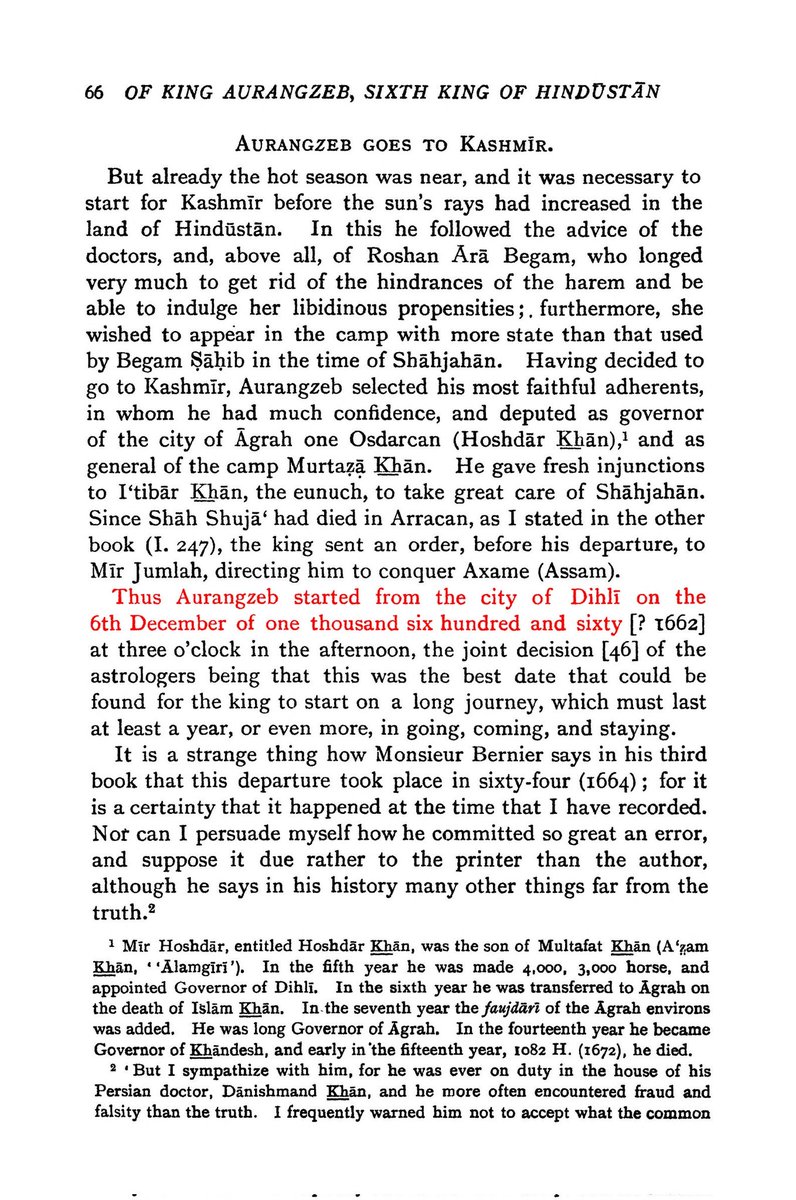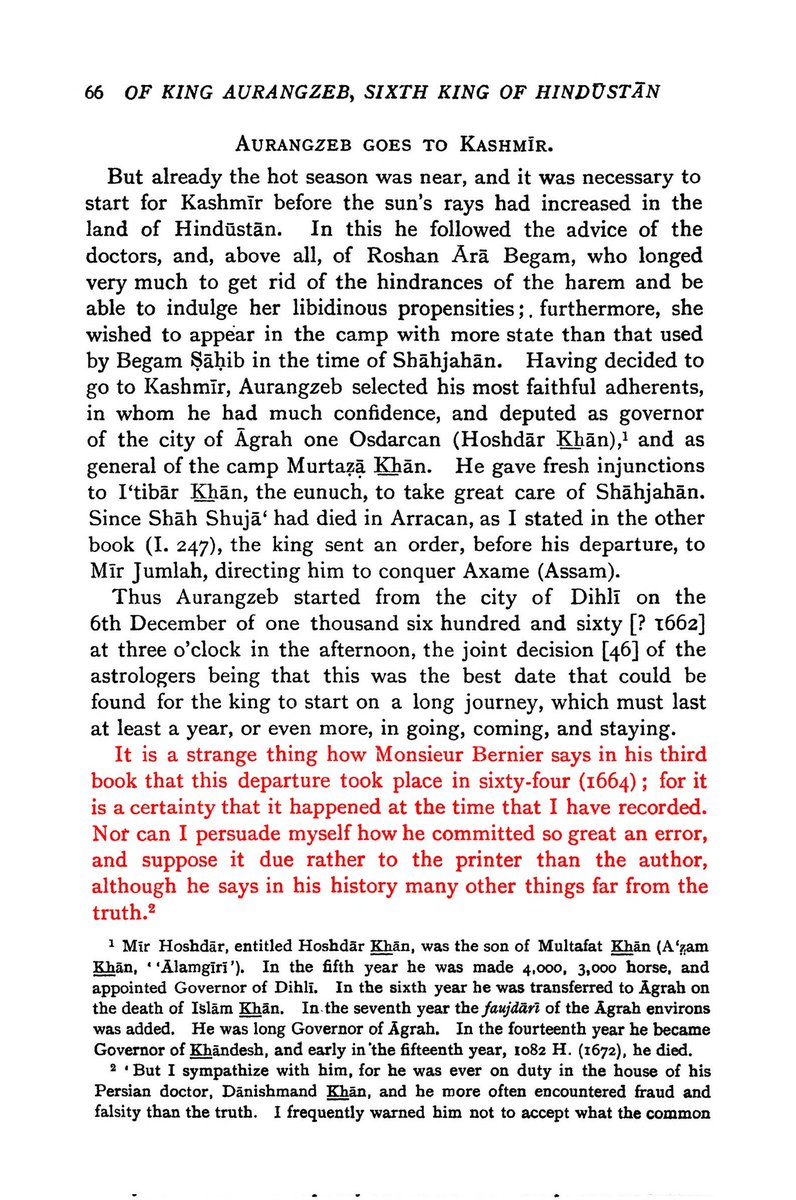Please read this whole thread 🧵
I wrote an appendix on Shivaji’s lineage titled “Bhonsles Are Not Sisodiya Rajputs”. It was about halfway done, nearly 40-50% complete, and Shri Gajanan B. Mehendale had already approved it.
I wrote an appendix on Shivaji’s lineage titled “Bhonsles Are Not Sisodiya Rajputs”. It was about halfway done, nearly 40-50% complete, and Shri Gajanan B. Mehendale had already approved it.
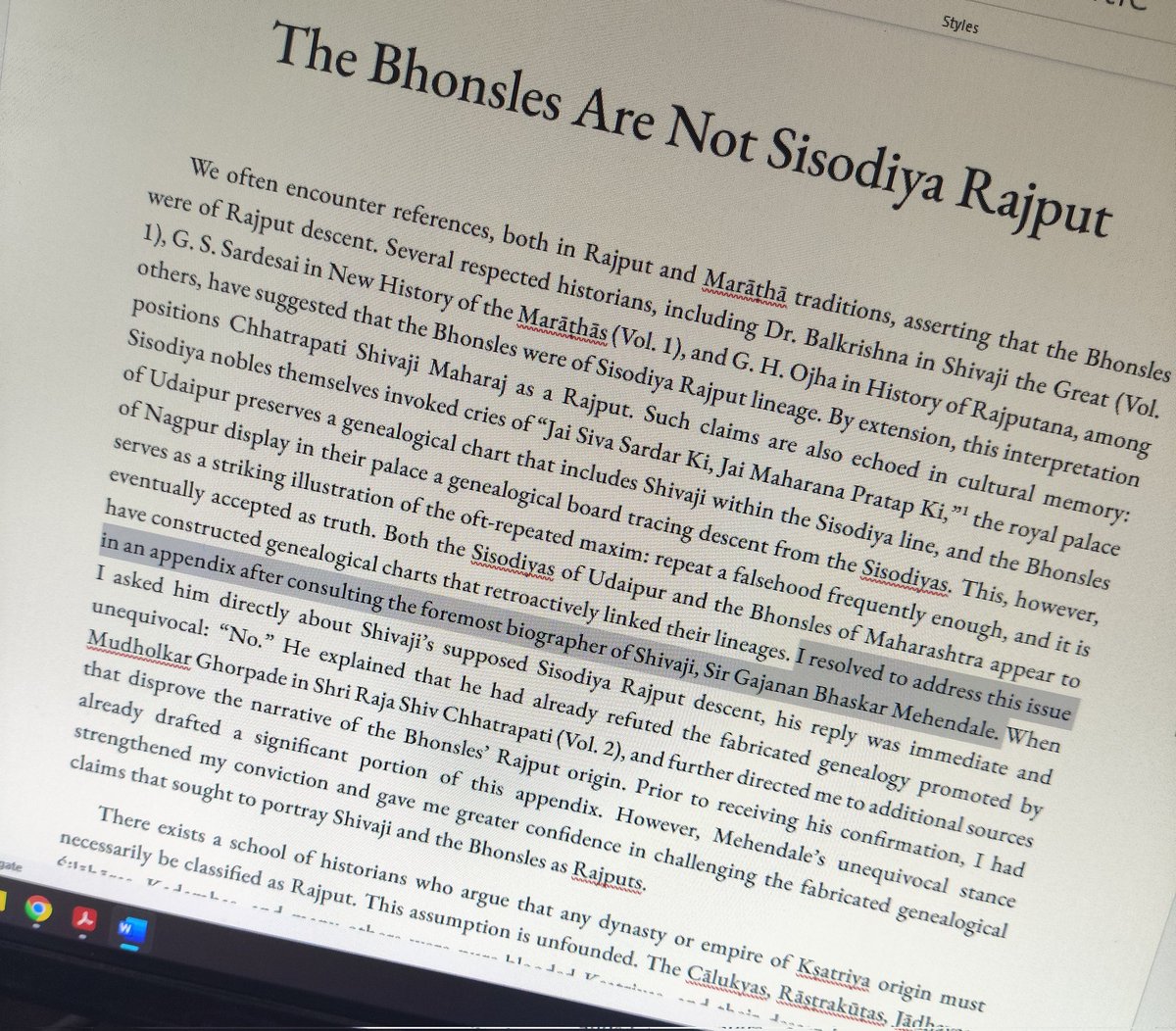
He guided me through it with patience and care, but before I could finish, destiny took him away. My dream was to have my entire book approved by him. Now that dream feels broken.
I keep telling myself I cannot do this without him, yet deep down I know he would never have wanted me to stop. He was always there for small writers like me, never dismissive, always ready to answer even the silliest of questions with calmness.
I met him one last time in December 2024. He offered me tea, and I refused out of respect for his time. I told him, “It would be an honor to drink tea made by you, but I will save that for next time.” I didn’t know there would be no next time. That thought haunts me now.
I used to call him directly. Every call lasted at least twenty minutes. I often got so overwhelmed that I would interrupt him because I wanted to know more. Still, he answered patiently, guiding me and even telling me exactly where things were written.
That was the kind of teacher he was.
Now that voice is gone. That support is gone. I have lost my teacher, and I feel hopeless. I started writing because of him, and now writing feels empty without him. It will take me a very long time to accept that he is no more.
Now that voice is gone. That support is gone. I have lost my teacher, and I feel hopeless. I started writing because of him, and now writing feels empty without him. It will take me a very long time to accept that he is no more.
I wonder if he is watching us, and I fear that if he sees us in despair, it might sadden him. His death was not in his hands. It was not his fault. He had bigger plans for the days ahead, but life didn’t allow him to fulfill them.
The only way forward is for us to gather ourselves and continue the work he believed in. That is the tribute he deserves. We all know one truth: there will never be anyone like him again.
• • •
Missing some Tweet in this thread? You can try to
force a refresh


